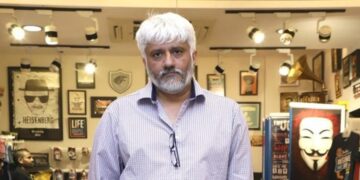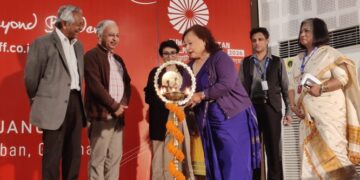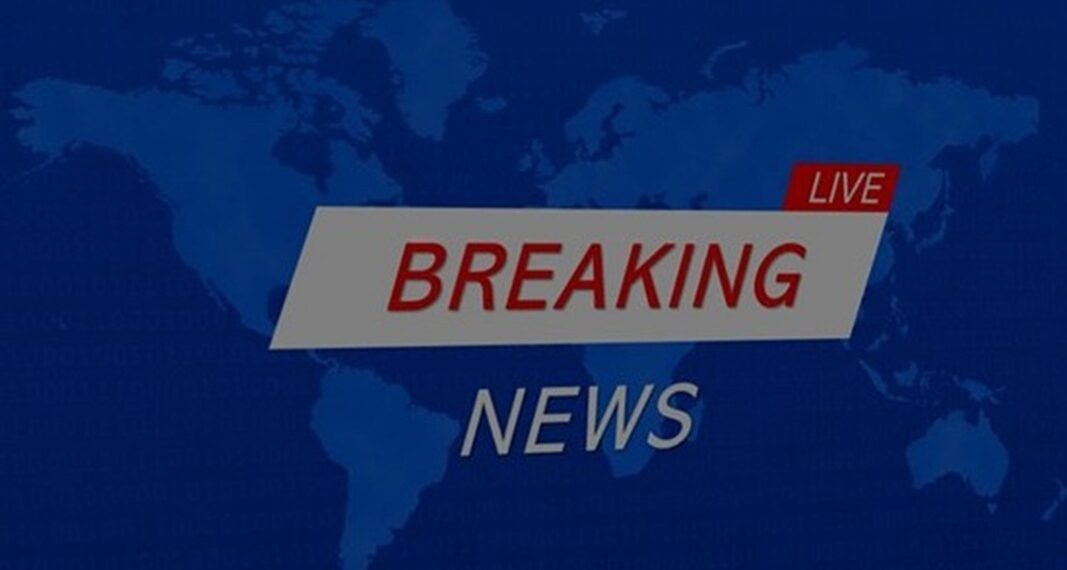Kohima: A workshop on child rights held in Kohima on Saturday stressed the need for responsible journalism when reporting cases involving children. Journalists were urged to avoid sensationalism and adopt child-sensitive practices to safeguard minors’ identities and well-being.
Organised jointly by the Kohima Press Club (KPC) and the Nagaland State Commission for Protection of Child Rights (NSCPCR) as part of KPC’s 25th-anniversary celebrations, the workshop was themed “Understanding Child Rights and Child Protection: Role of the Media.”
Addressing the gathering, Mezivolu T Therieh, District and Sessions Judge of Phek and former Registrar of the Supreme Court, underscored the legal and ethical obligations the media must follow.
Citing the Juvenile Justice Act, POCSO Act, IPC Section 228A, and the Cable Television Network Regulation Act, she emphasised the prohibition of disclosing any identifying information of children involved in legal cases—be they victims, witnesses, or accused.
She warned against the dangers of sensational reporting, referring to the Arushi-Hemraj murder case as an example of how such coverage can derail investigations and harm affected families.
Therieh also pointed to international frameworks like the UN Convention on the Rights of the Child (UNCRC) and UNICEF guidelines, stressing that even a child’s consent does not justify revealing their identity.
Alun Hangsing, Chairperson of the NSCPCR, delivered the keynote address, highlighting the need for a multi-sectoral approach to child protection.
“Crimes against children are on the rise, and it is imperative that the media, as an influential pillar of society, plays its role responsibly,” he said.
Dzuvinuo Theünuo, Director of Information and Public Relations, echoed the sentiment, stating that safeguarding children’s rights requires shared accountability.
“The media plays a powerful role in shaping narratives and must ensure those narratives protect rather than expose vulnerable children,” she added.
ALSO READ: China begins construction of controversial mega dam on Brahmaputra, sparks alarm in India
Sabou Yashü, Director of Information Technology & Communication, drew attention to the IT Act, 2000, particularly Sections 66E, 67, 67B, 69A, and 79(3)(b), which deal with digital privacy, banning obscene content, and holding intermediaries accountable for harmful material targeting children.
KPC President Alice Yhoshü concluded the workshop by affirming that while journalistic freedom is essential, ethical responsibility must prevail when reporting on minors.
“The best interest of the child should come first—even if that means setting aside the chase for headlines or online traction,” she said.















